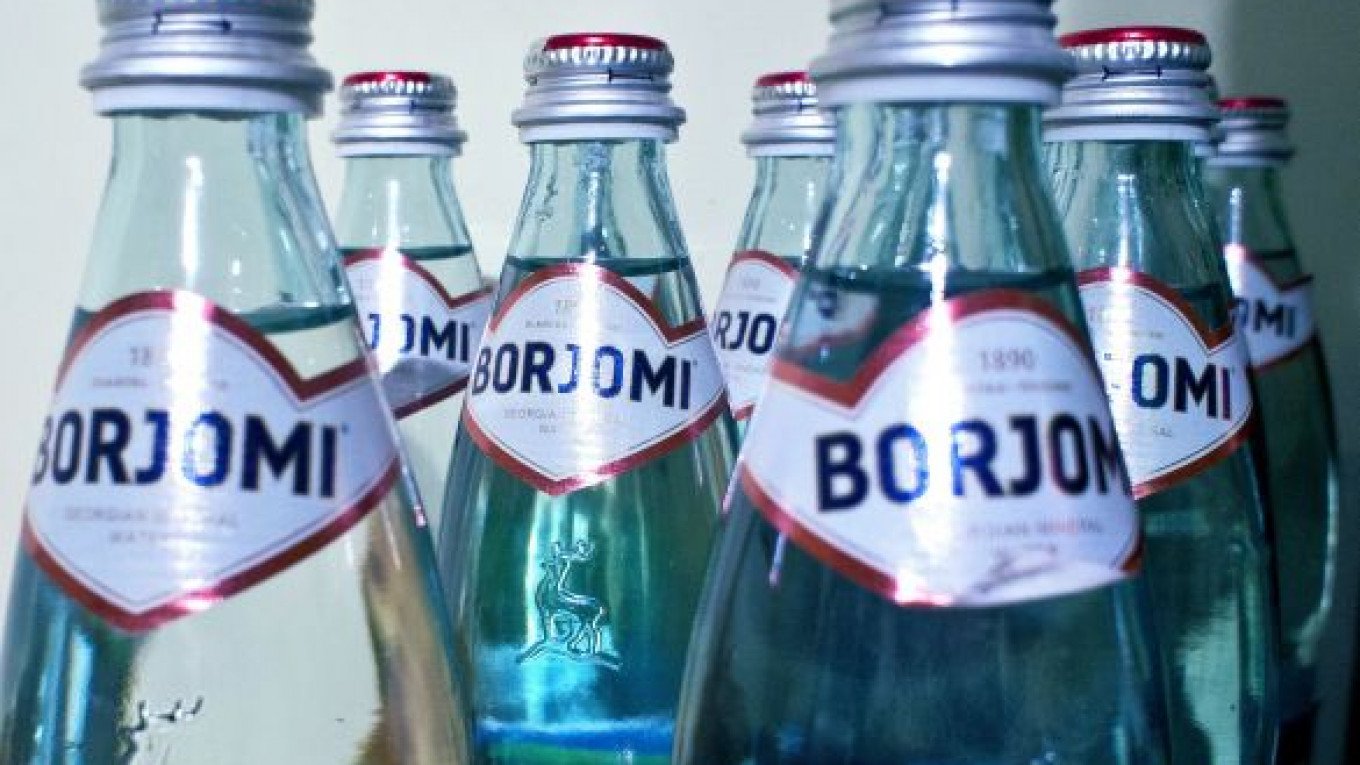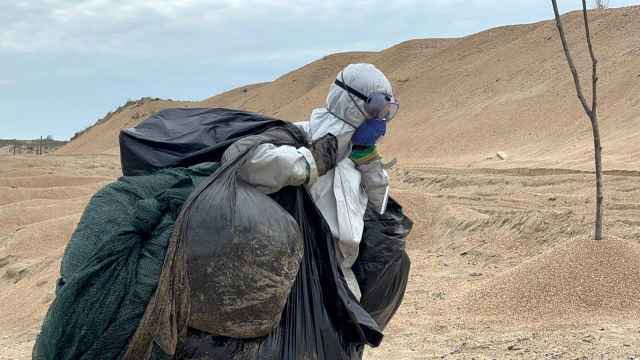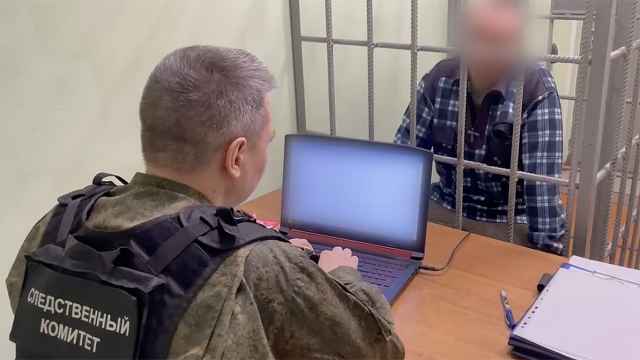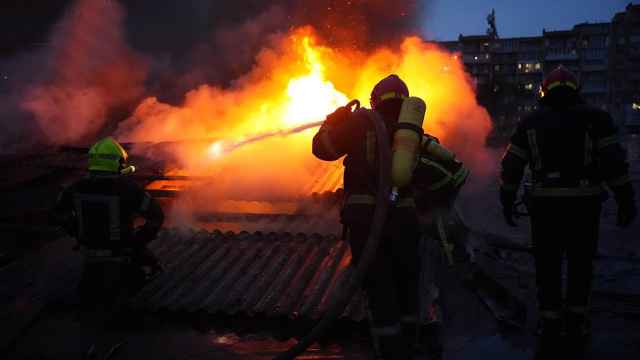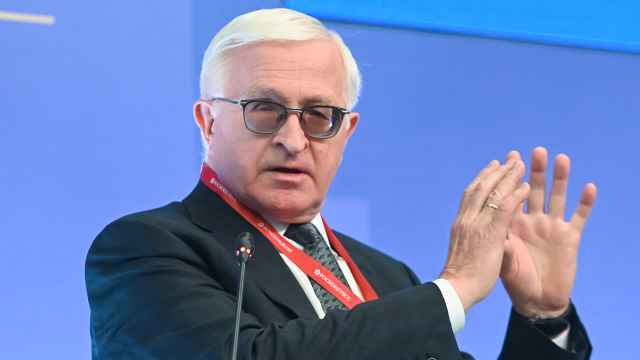Russia is lifting a seven-year ban on Borjomi, the popular Georgian mineral water believed by many Russians to cure health ailments.
Gennady Onishchenko, Russia's chief sanitary official, has signed the paperwork to allow the resumption of Borjomi imports, Itar-Tass reported Thursday.
"All restrictions have been lifted," Onishchenko said.
A spokesman for IDS Borjomi Georgia, which produces Borjomi, told Izvestia Thursday that his country was waiting for official permission from Onishchenko's office.
IDS Borjomi Georgia is a subsidiary of Alfa Group.
Borjomi, produced in the city of Borjomi in Georgia since the 19th century, was the most popular mineral water brand in the former Soviet Union. It was credited with treating ailments such as kidney problems.
Along with Borjomi, three other Georgian sparkling water producers will be allowed to export to Russia, Itar-Tass reported.
The mineral water ban came amid political tensions between Russia and Georgia in 2006 and was widely seen as a punishment meted out on President Mikhel Saakashvili, a foe of the Kremlin.
Before the ban, IDS Borjomi Georgia had a strong position on the Russian market, with sales growing 30 percent annually. In 2005, the company sold over 10 million bottles in Russia. IDS Borjomi Georgia reported $50 million in revenue for that period.
Russia, which broke diplomatic relations with Georgia in 2008 after a short military conflict, started to re-establish business ties with its northern neighbor after Prime Minister Bidzina Ivanishvili assumed power last year.
Related articles:
A Message from The Moscow Times:
Dear readers,
We are facing unprecedented challenges. Russia's Prosecutor General's Office has designated The Moscow Times as an "undesirable" organization, criminalizing our work and putting our staff at risk of prosecution. This follows our earlier unjust labeling as a "foreign agent."
These actions are direct attempts to silence independent journalism in Russia. The authorities claim our work "discredits the decisions of the Russian leadership." We see things differently: we strive to provide accurate, unbiased reporting on Russia.
We, the journalists of The Moscow Times, refuse to be silenced. But to continue our work, we need your help.
Your support, no matter how small, makes a world of difference. If you can, please support us monthly starting from just $2. It's quick to set up, and every contribution makes a significant impact.
By supporting The Moscow Times, you're defending open, independent journalism in the face of repression. Thank you for standing with us.
Remind me later.


